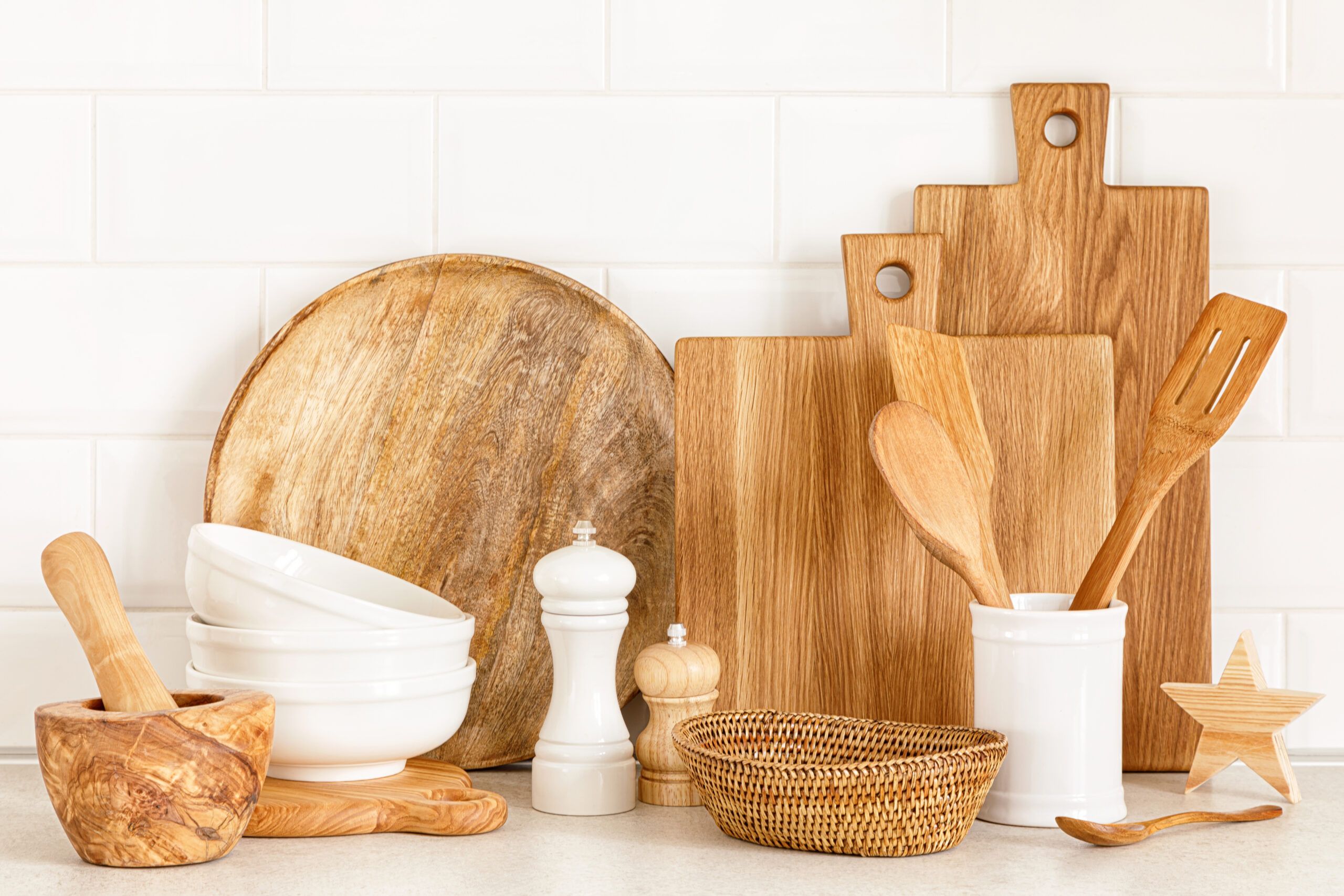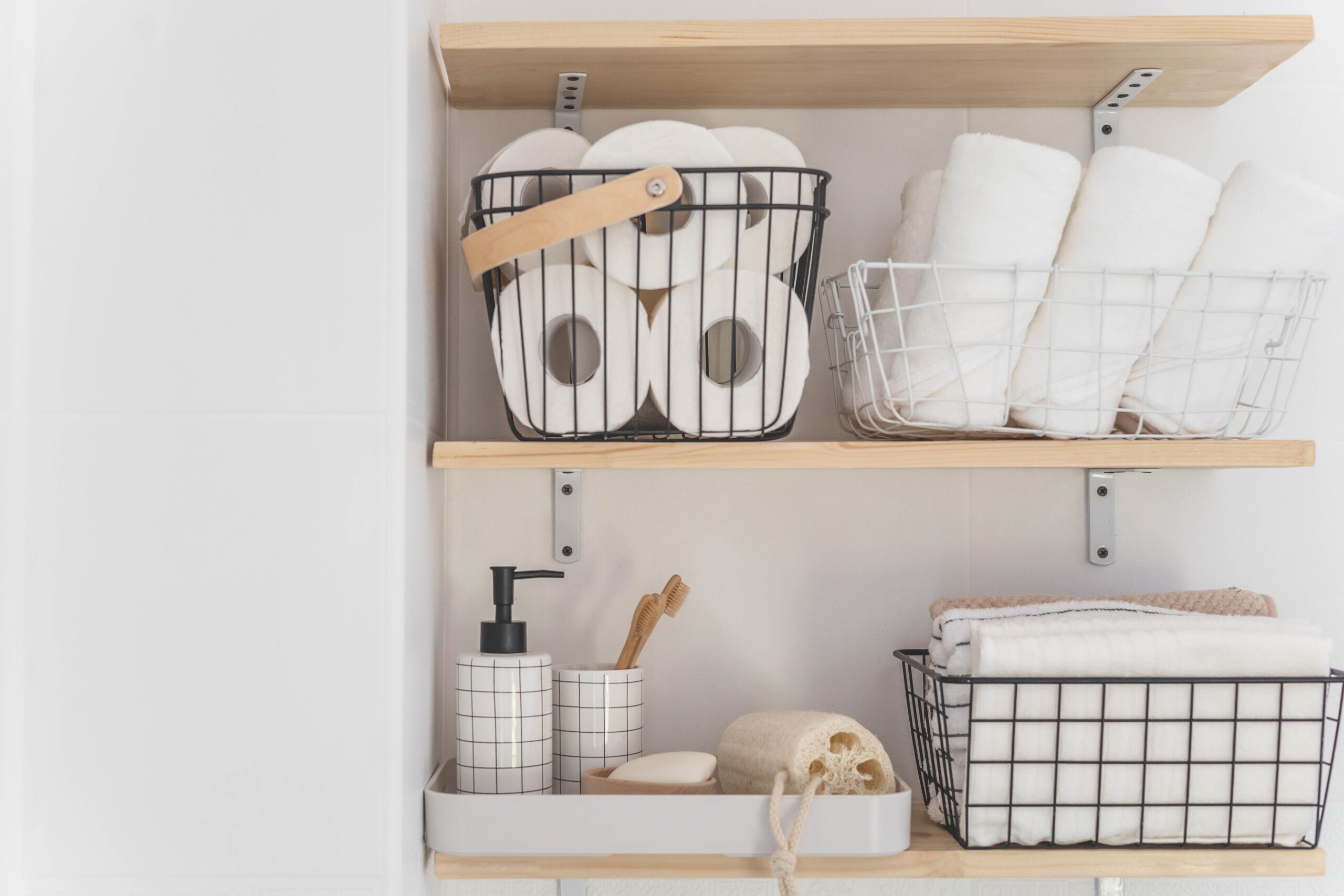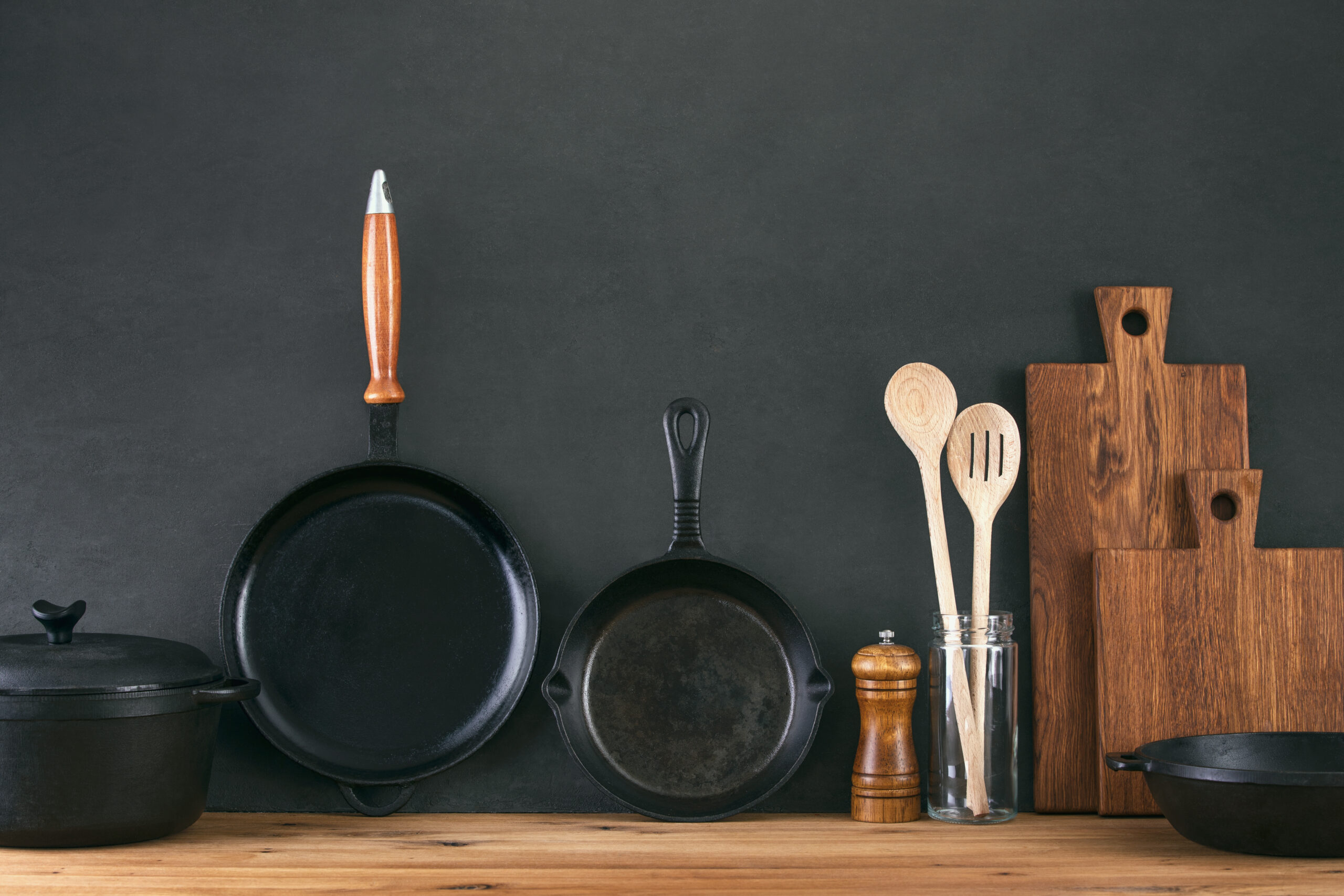If you’re looking for eco-friendly and health-conscious cooking tools, wooden utensils should be at the top of your list. As a natural material, wood offers several benefits over synthetic alternatives, from being gentle on cookware to being naturally antibacterial. However, just like any other material, wooden utensils have their pros and cons. In this post, we’ll explore why they’re a smart choice for your kitchen and how to care for them properly to ensure their longevity.
1. Safety: Non-Toxic and Gentle on Your Cookware
Wooden utensils are often praised for their non-toxic nature. Unlike some plastics or metals that can leach harmful chemicals into your food, wood is a natural material that won’t react with your ingredients. This makes them an ideal choice for cooking everything from delicate sauces to savory dishes. Plus, wooden utensils are kind to cookware, meaning they won’t scratch or damage non-stick surfaces, cast iron, or stainless steel. This is especially beneficial for cookware that can be easily damaged by more abrasive materials like metal.
Caring for Wooden Utensils:
To maintain their integrity, it’s important not to leave your wooden utensils soaking in water for too long. Instead, wash them with warm soapy water, and dry them immediately after use. If your utensils start to look dry, simply rub them down with some mineral oil to keep them conditioned.
2. Antibacterial Properties: Keep Your Kitchen Cleaner
One of the lesser-known advantages of wooden utensils is their natural antibacterial properties. Wood has an inherent ability to resist bacterial growth, unlike plastic, which can trap bacteria in tiny crevices. This makes wooden utensils a hygienic option, as they naturally help to keep harmful bacteria in check, especially when cooking with raw ingredients.
Safety Tip:
While wood is naturally resistant to bacteria, make sure you clean your utensils properly after every use. A soft sponge and warm soapy water will keep your utensils in top shape and free from germs.
3. The Environmental Impact: Sustainable and Biodegradable
If you’re focused on reducing your carbon footprint, wooden utensils are an excellent choice. Wood is a renewable resource, meaning it regrows quickly and doesn’t rely on fossil-based ingredients to produce. On top of being a sustainable choice, wooden utensils are biodegradable, which means they won’t contribute to the growing issue of plastic waste. Unlike plastic utensils that can take centuries to break down, wooden utensils can be composted, leaving no trace behind.
By switching to wooden utensils, you’re making a conscious decision to support sustainability while keeping your kitchen functional and eco-friendly.
4. Comfort and Ergonomics: Easy to Grip and Use
Wooden utensils are incredibly comfortable to use. Thanks to their natural texture, they provide a better grip compared to metal or plastic utensils, making them easier to handle when you’re stirring or flipping food. Wooden spoons, spatulas, and ladles tend to feel more ergonomic in your hands, reducing fatigue during long cooking sessions. Moreover, they don’t heat up like metal utensils, so you won’t burn your hands when stirring hot foods.
5. Durability and Care: How to Make Them Last
Wooden utensils are built to last, especially when cared for properly. Over time, they develop a unique patina that only adds to their character. However, proper care is key to ensuring they remain functional and beautiful for years to come.
Caring for Wooden Utensils:
- Always wash your utensils by hand with warm soapy water.
- Dry them immediately to prevent cracking or warping.
- To prevent drying, rub mineral oil on them regularly.
- Avoid leaving them submerged in water for long periods, as this can cause the wood to swell and crack.
6. What to Watch Out for: Potential Health Risks
While wooden utensils are generally safe, they do require attention to certain risks, particularly regarding the type of wood used and any chemicals used during the manufacturing process. To ensure you’re choosing the safest products, it’s important to select utensils made from food-grade wood and to check for non-toxic finishes. Low-quality wood or wood that’s treated with harmful chemicals can pose a risk to health.
How to Recognize Safe Wooden Utensils:
Look for certifications or product details that confirm the safety and quality of the wood used:
- Non-Toxic Oil Treatments: Brands that use mineral oil or beeswax to treat their wooden utensils are usually a safe bet. These oils are non-toxic and protect the wood from moisture, ensuring the utensils stay in top condition for longer.
- Food-Safe Wood: The wood should be labeled as food-safe. This means it has been treated with non-toxic oils or finishes that are safe for contact with food.
- FSC Certification: The Forest Stewardship Council (FSC) certification ensures that the wood comes from responsibly managed forests that meet social, environmental, and economic standards.
- BPA-Free and Non-Toxic Finish: Always check that the finish used on the utensils is BPA-free and free from harmful chemicals such as formaldehyde or phthalates. The best brands will clearly state this on their product pages.
By choosing utensils from trusted brands that prioritize sustainability and non-toxic practices, you can confidently add wooden utensils to your kitchen without compromising on safety.
7. Do Wooden Utensils Affect Your Food?
Some may wonder if using wooden utensils will affect the taste or texture of their food. The answer is no—wood does not react with acidic ingredients like tomatoes or citrus fruits, unlike some metals, which can alter the flavor of your dish. The natural non-reactive nature of wood ensures your food stays as fresh and flavorful as possible.
Conclusion: Why Wooden Utensils Are a Smart Addition to Your Kitchen
Incorporating wooden utensils into your kitchen routine is not just about aesthetics; it’s a choice that promotes a healthier and more sustainable lifestyle. These tools are non-toxic, easy to use, and incredibly durable, making them ideal for anyone looking to enhance their cooking experience. Plus, their antibacterial properties and eco-friendly impact only add to their appeal.
So, next time you’re in the market for kitchen tools, consider adding some wooden utensils to your collection. They’re timeless, functional, and better for both you and the environment.
If you’re looking for more ways to create a healthy and sustainable kitchen, check out our previous post on chemical-free cookware. We dive into the best non-toxic materials for your pots and pans, offering practical tips on how to choose the right cookware for both your health and the environment. It’s the perfect complement to your new wooden utensils! Read the full post here







